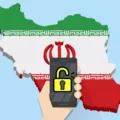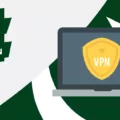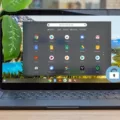School computer systems are becoming increasingly important for learning and teaching, but the security of these systems is often overlooked. The risks of using an unsecured school computer can range from data breaches to malware infections, and that’s why it’s essential to ensure your school computers are properly protected. One of the best ways to protect your school computers is with a trusted VPN (Virtual Private Network).
A VPN can provide your school computers with a secure connection to the internet and protect against online threats. It does this by encrypting data that is sent or received by the computer, making it virtually impossible for hackers or other malicious parties to intercept or access any information on the device. In addition, a VPN can also prevent websites from tracking user activity and accessing personal information.
There are many different VPN services available, but not all of them offer features that are suitable for school use. To ensure your students get the best protection possible, you should consider a free VPN for school computers when selecting a service. Many free VPN services provide adequate protection with limited features, but they may not have enough features to support more complicated needs such as content filtering or remote access.
Fortunately, there are some excellent free VPNs specifically designed for school use. Windscribe is one such service that offers 10GB of data per month along with reliable unblocking capabilities and multiple security features. ProtonVPN also provides an excellent free plan with unlimited bandwidth and slow speeds, making it ideal for school computer systems that don’t require higher speeds for streaming videos or downloading large files.
Using a free VPN for your school computer system can help protect against cyber-attacks and keep data secure without breaking the bank. With the right service in place, you can rest assured that your students will be able to safely browse the web without worrying about their privacy being compromised.
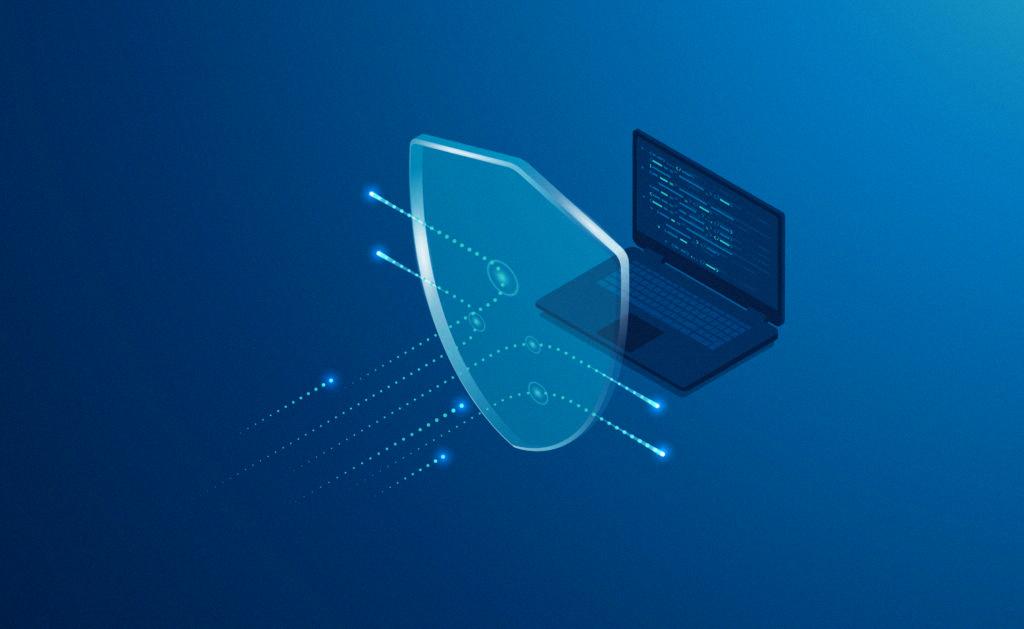
Source: bbva.com
Finding a Free VPN That Works in School
Yes, there is a VPN that can actually work at school for free. Windscribe is a great choice due to its fast speeds, reliable unblocking capabilities, and multiple security features. However, it does come with a data limit of 10 GB per month and 10 server locations. It also offers an ad-blocker to prevent distractions while studying and a built-in firewall to protect your data from unauthorized access. Additionally, Windscribe provides an easy setup process and 24/7 customer support. Using this VPN is the best way to securely and anonymously browse the web while at school.
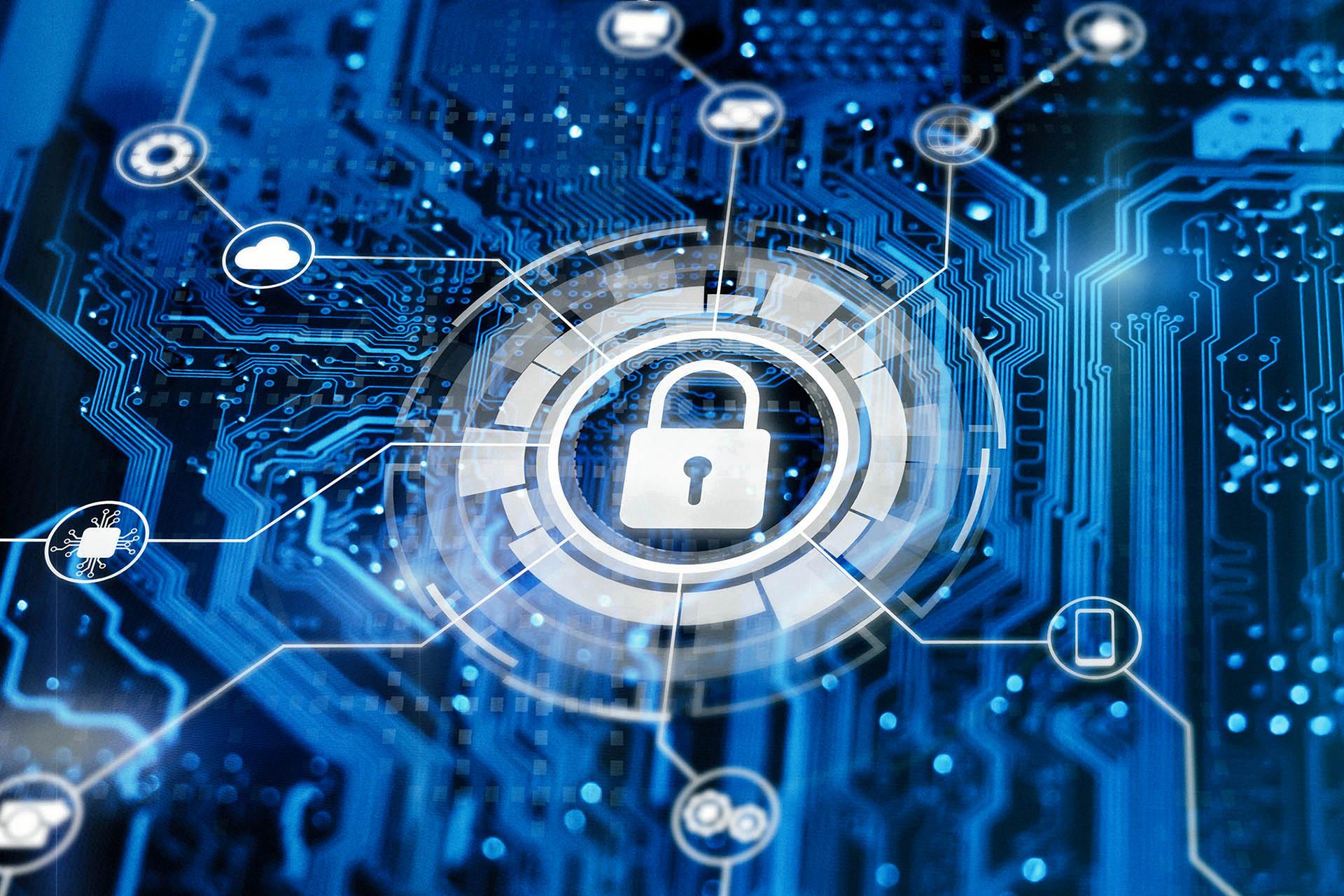
Source: kent.ac.uk
Finding a VPN Not Blocked by School
A reliable VPN that is not blocked by schools is ExpressVPN. It offers a fast, secure, and easy-to-use service with an intuitive interface. ExpressVPN has been proven to work in many school networks, giving you access to whatever content you need without any blocks or restrictions. It also has advanced encryption protocols like OpenVPN and IKEv2/IPsec for maximum security, as well as a strict no-logging policy so your data is kept safe from third parties. In addition, ExpressVPN supports multiple simultaneous connections so that you can access the content from all your devices without interruption.
Unblocking a School Computer
To unblock your school computer, you can use a premium VPN service such as NordVPN. First, you will need to download and install the NordVPN app. Once installed, launch the app and select a server location that allows you to access the content that is blocked on your school computer. Once connected, you will be able to access all of the restricted content. You can also use NordVPN to unblock games, apps, and other entertainment platforms. It is important to note that some schools may have policies prohibiting the use of VPNs on their networks. So it is important to check with your school before attempting this method.
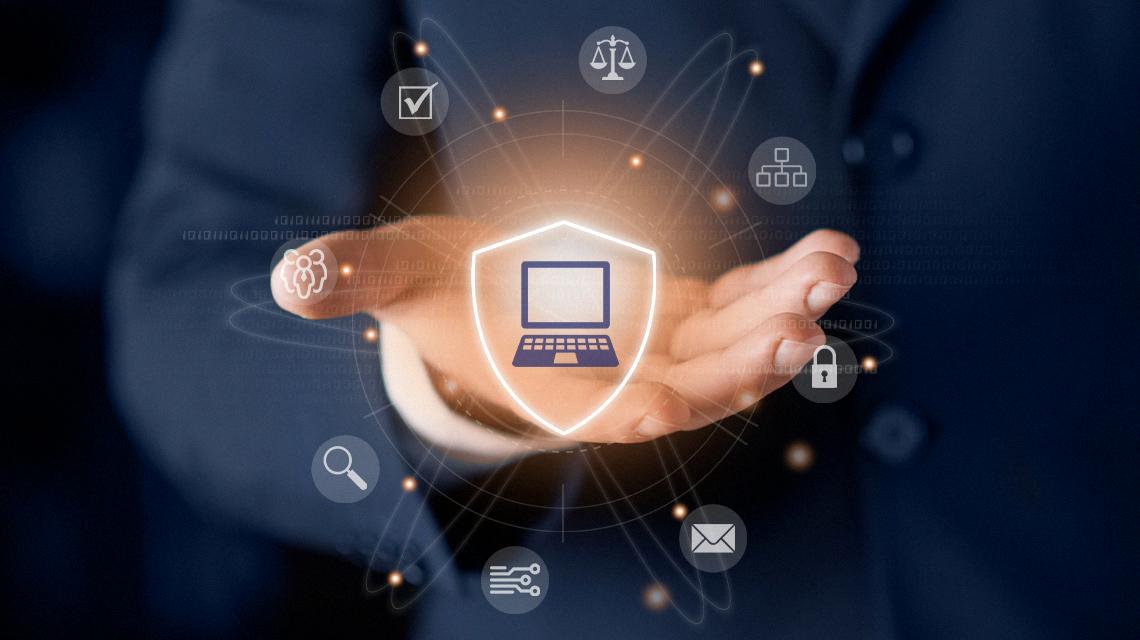
Source: iaea.org
Bypassing School Restrictions
Bypassing school restrictions can be done by hiding your IP address from the school’s network. This can be accomplished through the use of a virtual private network (VPN), a proxy server, or the Tor browser.
A VPN is a service that encrypts all of your internet traffic and routes it through an off-site server, making it appear as if you’re using someone else’s IP address. This allows you to access websites and services that would otherwise be blocked by your school’s network.
A proxy server is similar to a VPN in that it also hides your IP address from the network, however, it doesn’t encrypt your data as a VPN does. This means that while you may be able to access certain sites and services, they could still be monitored by those on the school’s network.
The Tor browser is an open-source browser that allows users to browse anonymously by routing their traffic through multiple nodes before reaching their destination. This makes it difficult for anyone on the network to trace back to you. It also has built-in encryption which adds an extra layer of protection for your data.
No matter which method you use, it’s important to remember that bypassing school restrictions can put you at risk of getting caught and facing consequences from school administrators or law enforcement agencies. It is always best to follow all rules and regulations set forth by the school when it comes to Internet usage.
Bypassing School Wi-Fi
Using a Virtual Private Network (VPN) is the most effective way to bypass school Wi-Fi restrictions. A VPN creates a secure, encrypted connection between your device and the internet, allowing you to browse the web with complete privacy and anonymity. In addition, it can bypass geographical restrictions and firewalls set up by your school’s Wi-Fi network, allowing you to access blocked websites and services. To get started, simply download a reliable VPN provider from the App Store or Google Play Store. Once installed, simply select a server in your desired location and you’re ready to go!
Conclusion
In conclusion, school computers are an essential tool for students to learn and stay connected. They provide a safe, secure environment where they can access educational resources, collaborate with peers, and improve their digital literacy skills. However, it is important to remember that computers in school should be treated with respect and no malicious activities should be engaged in. Students should also take responsibility for ensuring the security of their computers by regularly updating antivirus software and monitoring their online activities. By taking the proper precautions, students can make sure that school computers remain safe and secure for everyone to use.

